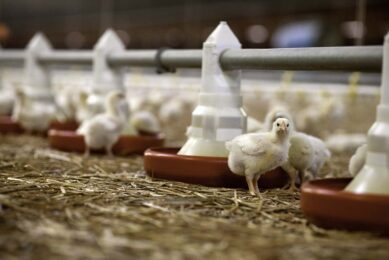Eliminating antibiotics from food animals is unwise
Eliminating antibiotic drugs from food animal production may have little positive effect on resistant bacteria that threaten human health, according to the Institute of Food Technologists.
In fact, such actions abroad have resulted in more antibiotic use and more resistant bacteria in some cases according to the international, nonprofit scientific society and its latest report, Antimicrobial Resistance: Implications for the Food System.
“Prior human exposure to antibiotics is the greatest factor for acquiring an infection with antibiotic-resistant bacteria,” says Michael Doyle, chairman of the IFT expert panel, microbiologist and food safety expert.
“While preliminary evidence points toward – but does not prove that – human health risks result from antibiotic use in food animals, what is known is that once foodborne pathogens have acquired resistance through whatever means there are clear human health impacts,” he says.
In Europe, the report notes, the elimination of antibiotics promoting animal growth resulted in increased disease among animals and more therapeutic applications of antibiotics on increasingly resistant bacteria. Further, this elimination of certain antibiotics by the European Union has not been shown to have reduced the prevalence of some antibiotic-resistant strains affecting human medicine. Quite the opposite, resistance increased among some pathogens.
Guidelines on the responsible use of antibiotics in US veterinary and human medicine already exist. IFT urges government agencies and other key decision-makers to move forward on identifying the best methods for prudent use even while causes of antibiotic resistance are not completely understood. While this will be complicated, IFT stresses that the solution will not be simple and that a single approach is not possible.
For more information, see the Institute of Food Technologists Export Reports.













